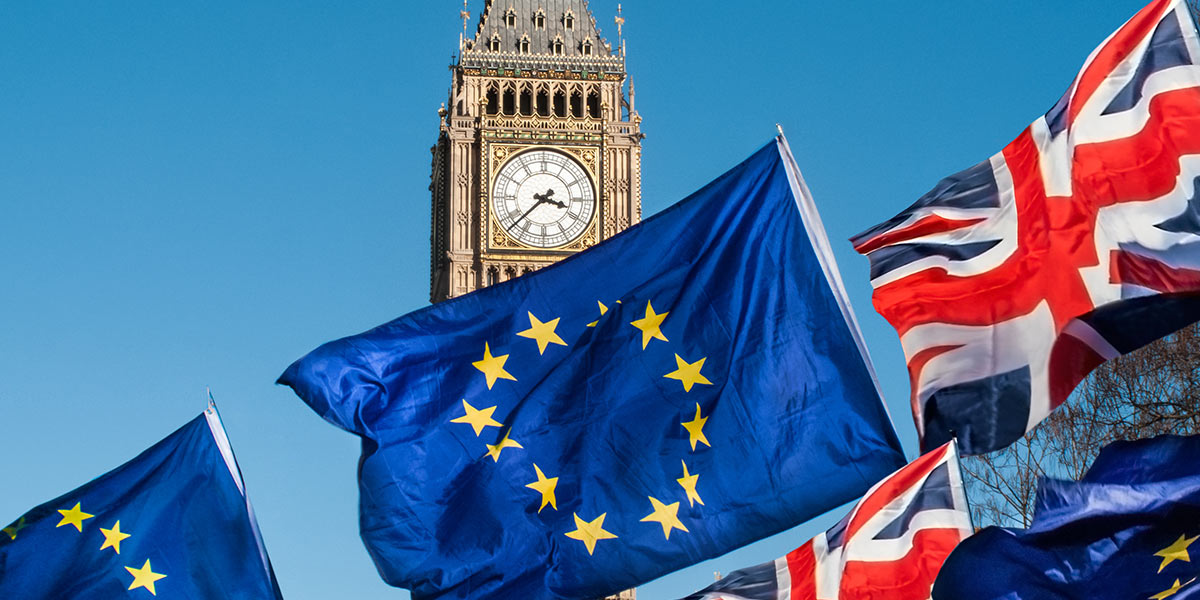From the Caribbean to Costa, multi-asset investments head David Coombs arrived back from holiday in time for another lurch downward for the pound. He explains why currency moves will be crucial to returns in January.

Sterling – where do we go from here?
Checking out of our hotel in the Grenadines last week, Tracey and I were offered to settle in Eastern Caribbean dollars, US dollars or sterling. The sterling/greenback rate offered was $1.15, so our trusted Post Office credit card settled in US dollars, naturally, at a much better rate. Although by the time we got back to the UK, $1.15 could have looked good, such is the volatility in our beloved pound thanks to our decisive Parliament … #Don’tBeRidiculous.
So the agenda was set for my first day back when Will and I had our Costa catch-up: 45 minutes later we had planned our hedging strategy for the coming month. Currently we have hedged approximately half of our dollar assets and fully hedged out our euro and Aussie dollar exposure. We’ve left our yen and Swiss assets unhedged because we feel it’s prudent to hold these “safe haven” currencies which tend to rise when worries mount.
If Prime Minister Theresa May’s deal is approved in January (at the moment that seems as likely as Donald Trump winning man of the year) international investors will probably categorise it as a soft Brexit. That should attract buyers and help sterling rally to $1.40 at least, in our opinion. So if the probability of this result increases in the run-up to the vote we will hedge our overseas assets as much as we can.
If Parliament can force a vote on a second referendum and the Conservatives allow a free vote, we believe there’s a very good chance of another vote coming to fruition. In this scenario, again, we would initially be hedging all we can, as we suspect international investors will perceive this as the UK “coming to its senses” and the beginning of an inevitable reversal of the original decision. Sterling would likely rally hard, so Britons with unhedged foreign assets would lose significantly on the currency. However, we would sell after that first sterling pop (i.e. take our hedge back off) as we think the reality will slowly dawn: firstly, British voters don’t necessarily react well to being told they are wrong; secondly, the Leave Means Leave campaign will be running hard with the line that the UK is being bullied into submission by eurocrats. The question will be, of course, key and it could take 12 months to agree on that alone!
In fact, a second referendum which effectively kicks the can down the road could actually lead to greater uncertainty (we know, it hardly seems possible, but we’ve been here before). As the polls are likely to be razor close, it will be difficult to call which way the result would go until the tallies are counted. The worst case for business is that the decision is the same and we end up right back where we started more than two years ago. Hard Brexit also seems more likely under this scenario and sterling would probably hit parity with the dollar.
If Mrs May’s deal looks likely to be defeated and there is no referendum, we will reduce our hedges because the risk of a no-deal crash-out rises.
So what are the key triggers we are focused on for strategy changes in January?
- Can the “people’s vote” MPs force a vote on a second referendum before the meaningful vote?
- Does Mrs May get a concession on the Irish backstop from EU before the meaningful vote?
- Have the chances of the government winning the meaningful vote risen?
- If Mrs May loses, is she forced out? And if so what happens to the timetable? Will the EU accept a six-month delay for a new leader to come up with a Plan B?
So as you can see, it’s all very clear and simple ...
Merry Christmas indeed. But we’ll see you all in the new year for more fun and games.




